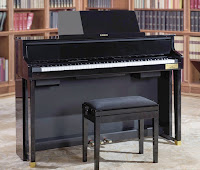 |
| Casio-Bechstein GP-510 |
UPDATED REVIEW – Jan 1, 2024 – Digital Pianos vs Acoustic Pianos – Which is Better for YOU? Advantages of Digital Pianos over Acoustic Pianos
My name is Tim Praskins from AZ Piano Reviews and I am a well known music teacher, musician. composer, arranger, and piano expert in the US and have played or performed on just about every type and brand of digital & acoustic piano out there for well over 35 years. People from all over the world ask me for piano advice and inevitably want to know the answer to the following question: “can a digital piano replace an acoustic piano for piano lessons & piano playing?” The simple answer is…”Yes!”
When it comes to my personal piano playing, I spend more time playing the digital pianos in my music studio as opposed to my acoustic upright and grand pianos for a few different reasons; the built-in headphone jacks which allows me to plug in stereo headphones for private practice so I don’t disturb others, the fact that my digital pianos allow me to do things musically with technology that my acoustic pianos cannot do such as connect to my iPad to enable an interactive music learning experience, and something that I love about digital pianos…they do not go out of tune like my acoustic pianos do. I don’t like playing an “out-of-tune” acoustic piano, it’s just not very enjoyable for me.
A good acoustic piano really needs to be tuned at least once or twice a year to be in good tune, unless you do not care or cannot tell the difference because your ear hasn’t developed yet to know when a piano is in or out of tune (which is the case with many people). You can certainly tune an acoustic piano whenever you want to and even wait many years to do so. But just remember, you are not doing the player, who is perhaps your child student, any favors by waiting to get your piano tuned because an untuned (out of tune) piano will get them into bad musical hearing habits where their musical ear is being developed in a bad way…and do you really want that to happen?
There is no question that I do love playing great, in-tune acoustic grand pianos such as Steinway, Bosendorfer, Kawai, Yamaha, and others because they allow for a pure organic piano playing experience not yet found in any digital piano that I have played. But you would need to be in a position (musically) to understand that difference and if you are, then there are still good reasons for people to enjoy playing and owning great acoustic pianos. However, those reasons are starting to disappear fast for the younger generation because many of them just want to play music and their goal is not become a pianist. They are surrounded by music technology and are not “put off” by playing a good digital piano because when it comes down to it, that digital piano gives them musical enjoyment and that’s the goal, the enjoy playing

music! The younger generation also wants their piano to give them a complete interactive music playing and listening experience which only digital pianos can really do in a big way through interactive USB/MIDI connection to external devices.
| Older acoustic console piano |
As far as comparing quality piano tone and key touch between a new digital piano compared to a new or used acoustic piano, that’s really a matter of personal preference and the price range you need to be in. If you can only afford to pay somewhere around $500US to $1000 which is the case with many shoppers, then a new digital portable (with stand, pedals, and bench) or a fuller cabinet piano in that price range from Yamaha, Casio, Kawai, or Roland would normally be a much better option than an old used acoustic piano since an old one is the only option for an acoustic piano in that price range…and then that used acoustic piano would likely have playability challenges and issues as well.
I love piano teachers and two of my daughters are piano teachers. I have been a successful piano, organ, guitar, and keyboard teacher for well over 40 years starting when I was in my teens and I own many good acoustic and digital pianos. But I know one thing for sure after all that time…if the piano student is not enjoying his piano learning and playing experience then it does not matter what type of piano (digital or acoustic) he or she plays on at home! Music is about “feeding the musical soul” and “feeling a deep satisfaction” when playing music. If that is not happening with the piano student at some point, then you are probably wasting your time. In fact, I have another daughter who was in that very situation when taking piano lessons as a young girl and trying to enjoy it…the entire thing just did not work well for her and we could see that, and she had a very good teacher too.
It is true that a digital electric piano has to be “plugged in” to an electrical outlet whereas an acoustic piano does not. I’ve heard the argument that a digital piano won’t work if the power goes out but an acoustic piano will so you would be better off with a regular acoustic piano. While that is a very true statement, how often does that really happen? Not often unless there is a severe storm that knocks out power or blew your home away. But then you’d be in the dark and couldn’t see much anyway and you probably would be busy cleaning up the mess from the storm! In fact, once in a while our power goes out here in the Phoenix, AZ area in the middle of summer when everyone is cranking up their A/C to stay cool from the 115 degree heat which puts a stain on the electric grid!
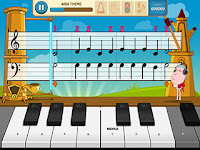 Many digital pianos have USB flashdrive options for saving your song recordings and/or for playing songs back so you can evaluate your performances or play along with other people’s performances to learn music better. You can also connect to a computer or iPad using inexpensive music software or apps which I use and enjoy. With computer music software, you can play your piano music and then see it in sheet music form on your computer. You can take that sheet music from your computer and edit it in a number of useful ways, print it out fully notated, or even play it back automatically to listen to your performance. Music education and interactive software for digital pianos is pretty incredible these days and can help speed up the learning process by not only making piano practice a lot more fun, but also more intuitive. Young students really like this interactive technology to enhance their piano practice and playing experience as do most adults who have experienced it, and it is a great motivational practice tool.
Many digital pianos have USB flashdrive options for saving your song recordings and/or for playing songs back so you can evaluate your performances or play along with other people’s performances to learn music better. You can also connect to a computer or iPad using inexpensive music software or apps which I use and enjoy. With computer music software, you can play your piano music and then see it in sheet music form on your computer. You can take that sheet music from your computer and edit it in a number of useful ways, print it out fully notated, or even play it back automatically to listen to your performance. Music education and interactive software for digital pianos is pretty incredible these days and can help speed up the learning process by not only making piano practice a lot more fun, but also more intuitive. Young students really like this interactive technology to enhance their piano practice and playing experience as do most adults who have experienced it, and it is a great motivational practice tool.
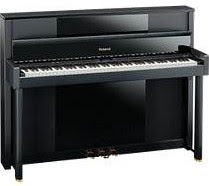 |
Vertical & baby grand digital pianos are also becoming more refined in their overall design and more attractive in their cabinetry. In other words, they look good. Acoustic pianos have generally always looked good in their traditional cabinet form so that hasn’t changed much. So, why would anyone want an acoustic piano over a digital piano? The fact is, a good acoustic piano (especially good acoustic grands) is still superior in tone, touch, and pedaling as compared to many digital pianos, so I won’t pretend that digital pianos are “better” in that way. BUT…who defines “better?” Can YOU tell if an acoustic piano is better than a good digital piano if they were side by side? In a blind playing test with a good digital and acoustic piano put side by side behind a curtain, I have challenged people who play piano and who do not play piano to tell me if they preferred the piano sound of one piano over the other and if they could identify the digital piano from the acoustic piano?
 When it comes to acoustic pianos, some of them can change over time and can slowly deteriorate depending on the outside weather related circumstances and also how the piano owner treats them over time. A good current model digital piano does not normally change over the years in any significant way like an acoustic piano would. However, key actions might be the exception because they have moving parts and may need adjustment, key replacement, or other assistance over their lifetime depending on the situation. Speaking of lifetime, a good digital piano can last 20-30 years or more depending on the brand & model and I personally have digital electric pianos in my studio which are that old and still working fine.
When it comes to acoustic pianos, some of them can change over time and can slowly deteriorate depending on the outside weather related circumstances and also how the piano owner treats them over time. A good current model digital piano does not normally change over the years in any significant way like an acoustic piano would. However, key actions might be the exception because they have moving parts and may need adjustment, key replacement, or other assistance over their lifetime depending on the situation. Speaking of lifetime, a good digital piano can last 20-30 years or more depending on the brand & model and I personally have digital electric pianos in my studio which are that old and still working fine.
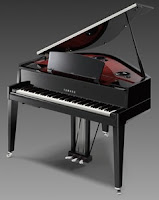 |
Generally speaking, if you’re a piano student then you want to have fun with your music and enjoy it and be motivated to play it. Playing music can definitely be serious endeavor, but it should also be enjoyable and fun whenever possible. Whether students like it or not, taking lessons and learning to play piano sometimes does come with its boring, stressful, or musically painful moments such as maybe not liking the teacher, not liking the lesson, or not liking the music that’s in the book, not wanting to practice at certain times, etc. But nothing is perfect and it’s just part of the process…but if you love music and apply yourself you will “get there.” As a student or even as a player, you may like & need the headphone feature on a digital piano so you can practice and play in privacy. As I mentioned earlier, paying hundreds or thousands of dollars in piano tuning maintenance over the years is no fun either.
Many of my piano teacher friends (who are excellent pianists) own digital pianos along with an acoustic piano and they love and use both of them. For a piano teacher, having an acoustic & digital piano can meet a variety of student needs as well as expanding the musical horizons of piano teachers. As far as mechanical and electronic reliability goes, my experiences have been very good for both acoustic and digital pianos, as long as they are the higher quality brands. You just have to be sure it’s a good name brand and that you take care of your piano. Off-brand pianos can sometimes be high maintenance and unreliable based on my experience with them, so be careful to stay away from those off-brands which include Williams, Suzuki, Artesia, Adagio, and a few others all of which are designed and made in China.
Three of my favorite lower priced digital furniture cabinet pianos right now are the Casio Celviano AP-470 digital piano, Korg G1 Air, and Kawai CA401. All of these piano brands offer very good quality in their price ranges and the pianos play & sound good and have many features a family could want. I have written reviews on these instruments and many other brands and models on my AZ Piano Review blog so check them out when you have time and look for my other piano reviews and news by using the search button on the top.
If you want more info on pianos or would like to find out about purchasing one for LOWER than internet or store price, please contact me at tim@azpianowholesale.com or call direct at 602-571-1864
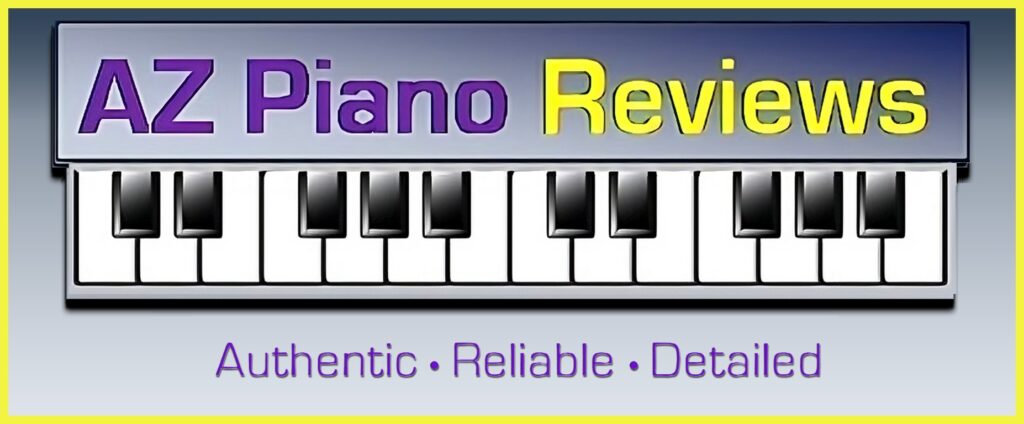


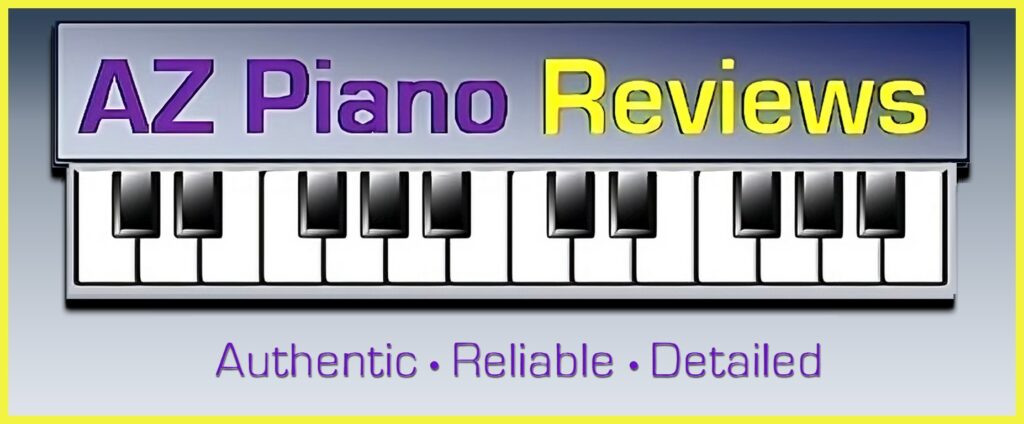

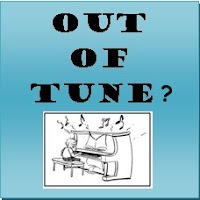

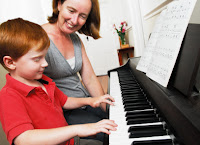







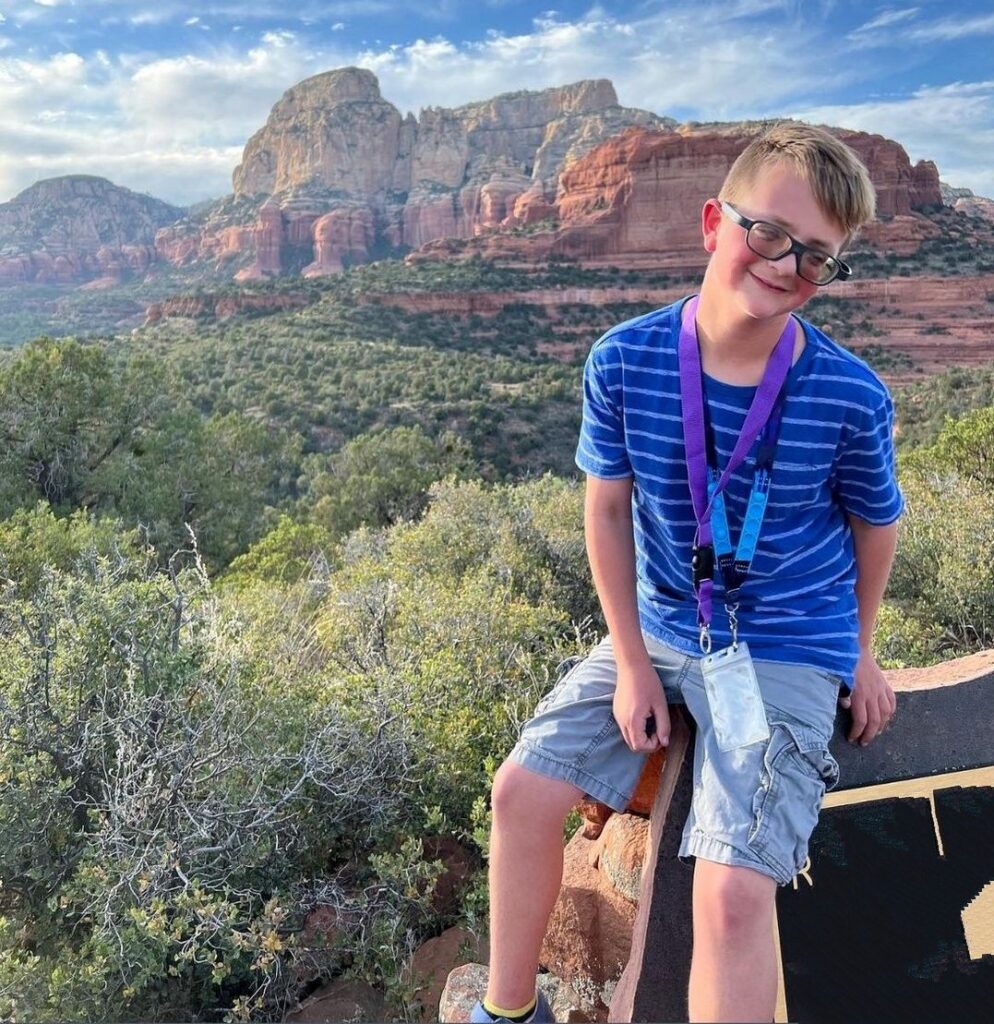
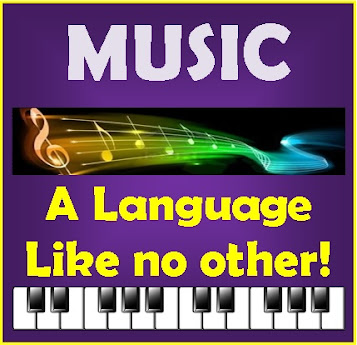
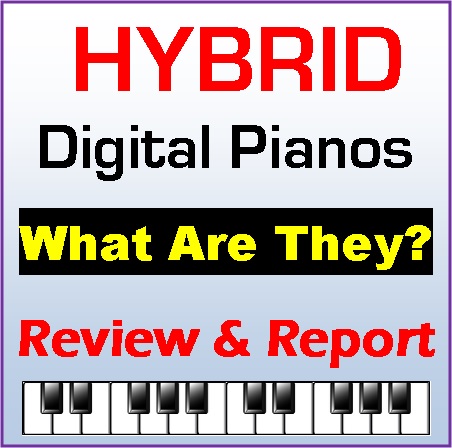
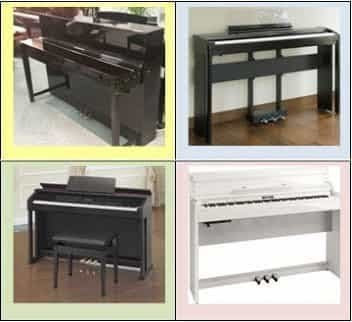
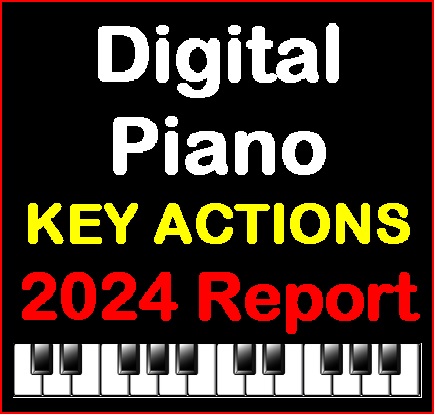
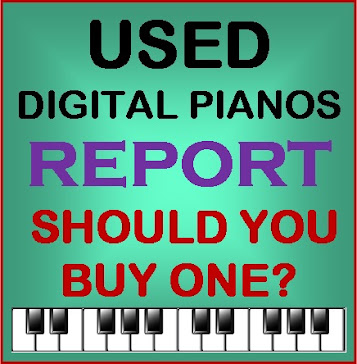
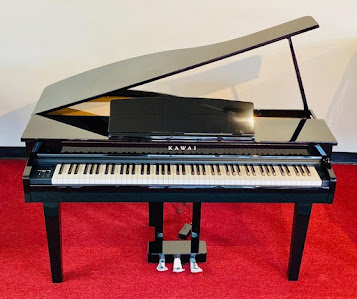
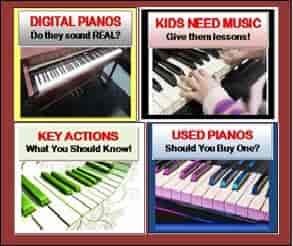
Hello,
I have a naive question to identify my needs :
What is the main difference (not the price of course) between a yamaha grand piano and kawai VPC1.
I have now a good acoustic piano in my living room but would like to practice with privacy on a really good digital piano. Does it exist piano semi digital semi acoustic ? (not those with a silence system inside that destroys quite a bit the touch) ?
Regards,Paul Lanthier